Ricinus Oil
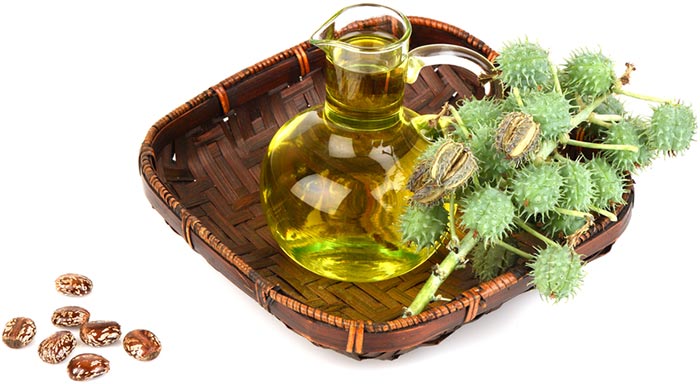
Have you heard of Cleopatra? The most beautiful woman in ancient Egyptian history? What if I told you the secret to her beauty could simply be an oil? Ricinus oil, or the more common name, castor oil, to be exact. Now you’re probably thinking isn’t castor oil what they give to babies when they swallow a coin to help them pass it? Or when someone is constipated, don’t they take a spoonful of castor oil? True, but that doesn’t mean that’s all it does. The wonders of castor or ricinus oil go way beyond bowel movements.
Here’s a question: if it’s called castor oil, why do some people call it ricinus oil? Simply, because of its source. It comes from pressing the seeds of the Ricinus communis plants that grow in tropical regions. You can even find it in some gardens as an ornamental plant. These plants and therefore castor oil, have been around for a very long time. It’s been used across Africa, the Indian subcontinent and the Mediterranean basin. It’s used in many industrial processes because of its ideal viscosity and lubricating properties. In fact, have you ever heard of Castrol? It’s a global brand that sells oils, greases and many automotive lubricants. Guess where they got their name from? Castor oil.
To understand how something works, you have to understand what’s inside of it. The components of Ricinus oil are mainly:
-Ricinoleic acid
-Oleic acid
-Linoleic acid
-Alpha-linoleic acid
-Stearic acid
-Palmitic acid
-Dihydroxystearic acid
These are all fatty acids that are vital to many body functions.
Let’s start with one of the most important systems in your body. The immune system. It’s your first and last line of defense. Without it, your life would be miserable. Everyone knows that one person at work or at school who never gets sick, right? Even in flu season they’re as healthy as ever. That’s all thanks to their immune system. It fights and kills microbes, bacteria, fungi, viruses and any foreign substances that enter your body. If your body can’t overcome them, then you get sick. Well, castor oil has been found to improve your lymphatic drainage, increase blood flow, strengthen your thymus gland and enhance other immune functions in your body.
A study was carried out where a group of patients was given castor oil in the form of abdominal packs. Another group was given placebo packs. Then they measured the lymphocytes produced by each group. They found that the group that took castor oil had a significant increase in production. What does this mean? Well lymphocytes are a type of cell that your immune system produces to fight any invading organisms. They locate and eliminate any bacteria or threats within your body. So by improving your immune system and specifically increasing lymphocytes, castor oil helps your body defend itself against disease. Why treat a disease when you can prevent it in the first place?
So how does castor oil increase these lymphocytes? It works on their sites of production. These sites include : the thymus gland, the spleen, lymph nodes and tissue that lines the small intestines. By doing this, it basically strengthens the organs of your lymphatic system, facilitating your body’s detox processes.
What else can castor oil do? It boosts your circulation. When you have an adequate supply of blood to your organs, they stay healthy and free of disease. That’s why circulation and immunity are two sides to the same coin. The blood your heart pumps to your organs if full of oxygen and nutrients. In exchange for the oxygen, the blood gets back the waste products and dead cells that need to be excreted from the body. This process is a form of natural detoxification. By boosting your circulation, you’re basically boosting the elimination of harmful substances from your body.
Sure, circulation and immunity are great but you can’t see those. Your skin however, you can see. And castor oil not only makes your skin look healthier, it actually feels healthier too. According to the International Journal of Toxicology, ricinus oil and hydrogenated ricinus oil were used in 769 and 202 cosmetic products in the year 2002. This is because castor oil helps give these products just the right consistency and texture. It also has tons of beneficial effects on your skin that augment the benefits of the products. The simplest is inflammation. Inflamed skin can be red, itchy, swollen and just irritating. That’s where the anti-inflammatory properties of castor oil come in handy. It has fatty acids that can inhibit the enzyme cyclooxygenase (COX), which is responsible for producing inflammatory mediators.
Since your skin is the largest organ in your body, it also benefits from the increased circulation we mentioned earlier. By having good perfusion and a strong immune system, you can fight skin infections and diseases. It also helps wounds heal much faster. Now the great thing about castor oil is it not only increases your immunity so you can fight microbes, it actually kills them too. It has antibacterial, antifungal and antimicrobial properties. Basically, it fights for your body and gives it the weapons to defend itself at the same time.
These weapons include lymphocytes, white blood cells and T- cells that kill fungi, viruses and even some cancer cells.
The skin benefits don’t stop there. We can’t forget acne, can we? It’s the skin problem that prevails among all ages, especially teenagers and pregnant moms. Why? Because their hormone levels are ever-changing. Disturbance in hormones can trigger acne. And so can stress. How does this acne develop? These triggers affect a gland called the sebaceous gland. Normally, they secrete a moderate amount of an oily substance called sebum. It’s mainly responsible for skin and hair follicle lubrication. But when triggered, this secretion becomes excessive. Despite what you might think, too much sebum isn’t good. It starts to accumulate and gather with it any nearby dead skin cells. Together, they clog up your pores and bacteria start to grow. And there you have it, you’ve got acne.
You can tackle this problem from several directions. From the beginning, where you stop the excessive sebum. Or from the end, where you kill the bacteria. Guess what? Castor oil does both. We already know it’s an antibacterial so it can kill the bacteria overgrowing and causing your pimples. What about the sebum? The essential fatty acids in castor oil have the ability to regulate the excessive sebum production essentially stopping it in its tracks. Not only that but it goes even deeper to the underlying source of your problem. Hormone disturbances could be the cause of the acne, right? Castor oil balances your hormone levels, stopping the acne right at the source.
So let’s say your acne has cleared up. Sometimes it leaves behind a small scar. Scars, whether from acne or an injury, aren’t fun to have. They can be painful or simply unpleasant to look at. So can stretch marks and aged skin. You don’t want any of these. So try some castor oil.
These scars are basically your body’s way of healing an injured part of your skin. It stacks up layers of collagen, which is a supporting protein. It should take about one to two weeks to heal your injury. If your body takes longer than three to four weeks to heal, a scar is formed because of the accumulated collagen. The essential fatty acids in castor oil regulate the collagen levels making them just the right amount. No excessive collagen means no extensive scarring.
What about wrinkles and stretch marks? They’re no fun to have either. They’re due to a deficiency of collagen and elastin in your skin. The collagen part makes sense, since it’s your skin’s support. No support, it becomes wrinkled. What about elastin? You can probably tell from its name it has to do with elasticity. It helps your skin be flexible and soft but also strong. The older you get, the less elastin your skin has. Older people with wrinkled skin have very little elastin. That’s why it’s important to take essential fatty acids that help preserve the elastin in your skin. And there you have it, the secret to vibrant, glowing skin.
Hair is just as equally important. Having healthy, radiant hair is something that both men and women want. That’s why there are hundreds of hair growth and hair thickening products being formulated everyday. The problem is, like all synthetic products, they’re full of side effects. Sure great hair is worth it, but why endure the side effects when you have a natural alternative? Castor oil can help hair grown faster, thicker, stronger, shinier and even get rid of dandruff. It’s all thanks to the omega-6 fatty acids. It’s because it increase the blood supply to your scalp. This means it gets more of the nutrients and elements it needs to strengthen your hair. You’re basically nourishing your hair down to the follicle roots.
Simply warm up some castor oil and massage it into your scalp and hair. You can even make a homemade hair mask. Just spread out the oil to cover everything; scalp, roots and strands. Then tie up your hair, cover it using a cap, and leave it overnight. Rinse it out in the morning and watch your hair grow in no time. What about dandruff? Some dandruff is caused by scalp infections. Being an antibacterial and antifungal, castor oil is ideal. To make an anti-dandruff mask, add a tablespoon of castor oil to another of olive oil. Mix them together with juice of half a lemon before applying it to your scalp. Leave it for about 30 minutes before washing it out with shampoo. No more dandruff.
Hair, skin and nails. The magic trio. So far, castor oil has been great for two of those. But what can it do for your nails? Nails can easily become dry and brittle. They’re very liable to cracking and splitting. The essential fatty acids not only strengthen but also revitalize your nails. Fungal infections are another common problem. What better antifungal to use than castor oil? It gets rid of any fungi, moles and cysts. Traditionally, people would mix a small amount of baking soda to the castor oil and apply it to the troublesome area. It would help with their nail problems.
The thing castor oil is most famous for is treating constipation. It acts as a natural mild laxative. Its ricinoleic acid reaches your intestines where it helps with digestion and absorption processes. It also helps cleanse your system and promote bowel movement giving a feeling of complete evacuation. Your intestines are also among the organs that get increased blood flow due to the boosted circulation. That means it can do its job much more efficiently. It gets rid of harmful bacteria that interfere with your bowel movements, while retaining the beneficial ones that aid in digestion. It’s important to have a sufficient amount of “good bacteria” in order to prevent constipation, cramps, bloating, flatulence, leaky gut syndrome and even some symptoms of irritable bowel syndrome.
This laxative effect is not only useful for adults but also for babies. Some babies experience colicky pain in the first few months of their life. This causes them to cry uncontrollably. Although the exact cause of this colic isn’t known, there are a few theories. Since the baby’s gastrointestinal system is still developing, gas, irregular spasm or any form of obstruction can cause this colicky pain. Castor oil has been found to provide relief when applied externally to their abdominal area.
Like we mentioned earlier, castor oil is good for skin inflammation. But skin isn’t the only organ that can become inflamed. Patients that suffer from arthritis often have swollen joints that are very painful. They can rub some castor oil onto the aching areas and watch the pain go away. In fact, many doctors recommend applying the castor oil to the joints, muscles or tissues that are inflamed followed by a hot water pack to increase its absorption. Do this two times a week and watch the pain disappear in no time.
As we know by now, castor oil also helps balance hormones. One way it does that is by increasing fat absorption from your gastrointestinal tract. Hormones need fats to be manufactured. So by having the right amount of fats, your body can synthesize the hormones it needs. These hormones are important not only for growth but also for sexual functions. With the right balance of hormones, you can reduce PMS symptoms, cramps, fatigue, mood swings and depression. These hormones also help the reproductive organs function properly. Even better, the increased blood supply from the boosted circulation can help improve libido and keep the organs healthy.
Perhaps the weirdest- but very common- use of castor oil is induction of labor. It speeds up uterine contractions, literally helping push the baby out. For decades mothers have relied on castor oil as a natural agent to help them deliver their full term babies. Sure, they may experience some nausea but it definitely beats prolonged labor, right? The reason it works so well is, once again, thanks to its ricinoleic acid content. The ricinoleic acid goes to certain receptors in the uterine wall called “EP3 prostanoid receptors”. Once these are stimulated, the contractions speed up.
Of course, the problem with something that induces labor is that it runs the risk of causing an abortion. Speeding up the contractions before the baby’s due can lead to premature birth or a miscarriage. Also the strong purgative effect of castor oil can leave the mother dehydrated which in turn, is dangerous for the baby. This is why doctors advise not to use castor oil without your healthcare practitioner’s recommendation and supervision.
Now the last use for ricinus oil worth mentioning is for all the animal lovers out there. If you have a dog or cat, you know they tend to get hurt or injured from the silliest things. Dogs could jump straight into a tree just to fetch a ball. Cats, though smoother, can be just as careless. So if your pet gets any small cuts or wounds or has an infected area on their skin, castor oil is considered safe to rub on. Its anti-inflammatory, antimicrobial and antibacterial properties work just as well on animals. Now, I know what you’re thinking. Dogs and cats lick themselves all day. What if they ingest some of the castor oil? Most likely, they won’t like the taste. They’ll simply stop licking the wound because to them, the oil is unpalatable. It’s a win-win. You treat the wound and you get them to stop aggravating it. And even if they don’t stop, the most it will do is make their stool a little loose.
We could go on and on with the uses of castor oil but you get the point. You don’t have to be constipated or suffer from any disease to enjoy its benefits. Try it out on your hair and skin and in a couple of weeks you’ll see the difference. You won’t be Queen Cleopatra but you’ll differently feel like you are.

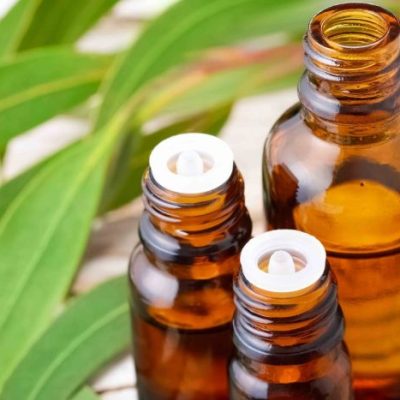
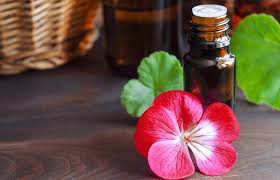
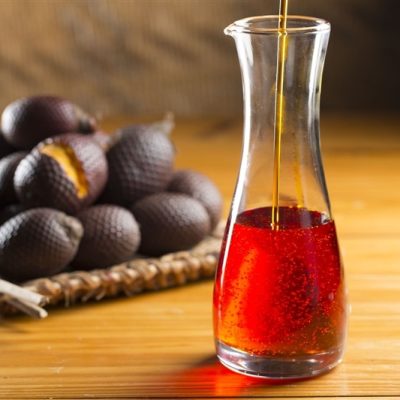
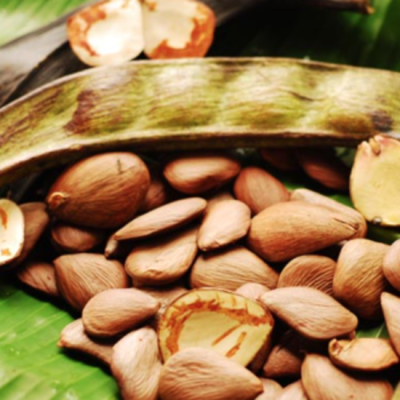
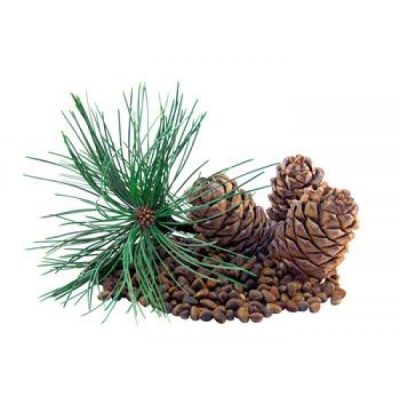
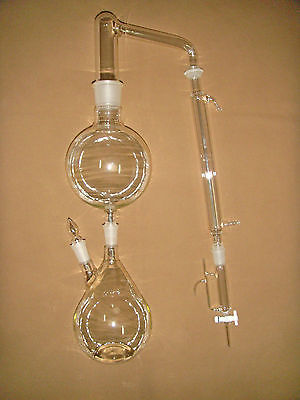
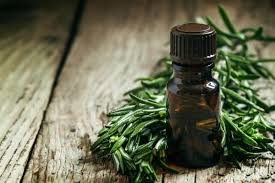
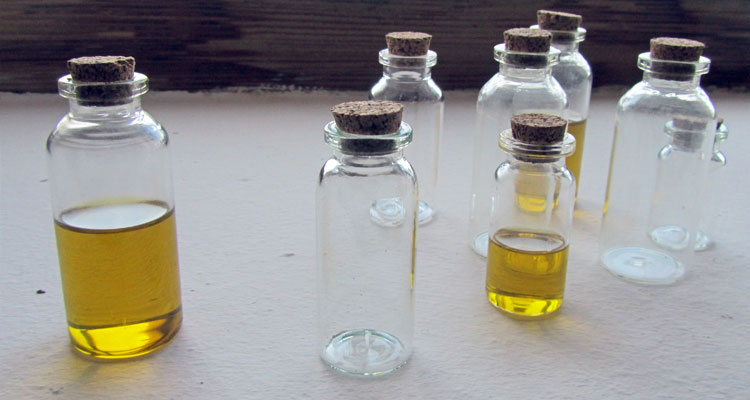
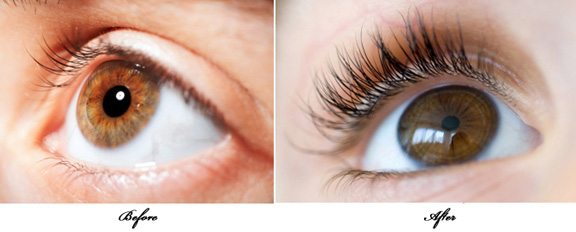
February 28, 2022 at 12:51 pm
If you swallow some gum just take a cup of castor oil and be happy.